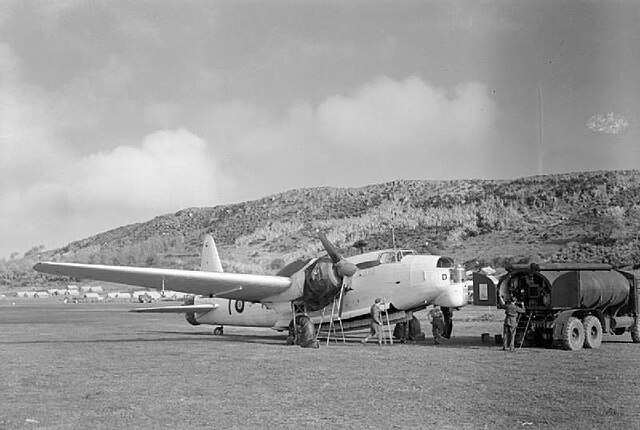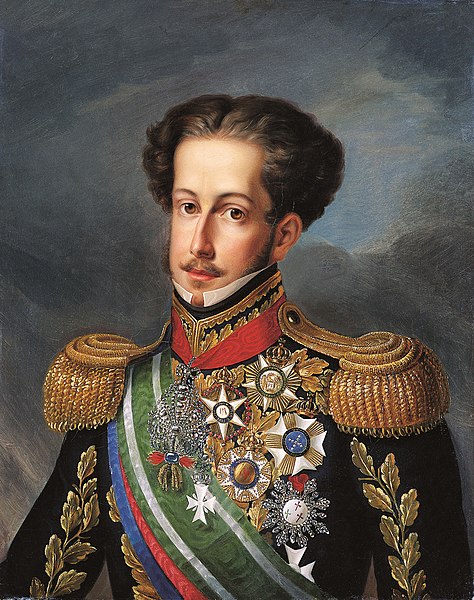Operation Alacrity was the code name for a possible Allied seizure of Azores during World War II. It never took place because Portugal agreed to an Allied request for use of air bases. The islands were of enormous strategic value in the defeat of the German U-boats. Portugal, too weak to defend the Azores, or its large colonial empire, or even its homeland, tried to stay neutral in the war. Dictator Salazar was especially worried about a possible German invasion through Spain and did not want to provoke Hitler nor did he want to give Spain an excuse to side with the Axis and invade Portugal due to the strategic importance of the Canary Islands. Great Britain and the United States devised plans to set up air bases regardless of Portugal's disapproval. The plans were never put into operation. Instead in 1943 Britain requested, and Portugal agreed, to allow Britain to set up bases there. Operation Alacrity was preceded by War Plan Gray.

The 1st U.S. Aeronautical company in Ponta Delgada (21 January 1918); one of the first completely equipped American aviation units to serve overseas in World War I
A Vickers Wellington Mk XIV, No. 172 Squadron RAF undergoing servicing at Lajes airfield during 1944
The Azores, officially the Autonomous Region of the Azores, is one of the two autonomous regions of Portugal. It is an archipelago composed of nine volcanic islands in the Macaronesia region of the North Atlantic Ocean, about 1,400 km (870 mi) west of Lisbon, about 1,500 km (930 mi) northwest of Morocco, and about 1,930 km (1,200 mi) southeast of Newfoundland, Canada.
Gaspar Frutuoso wrote Saudades da Terra, the first history of the Azores and Macaronesia, in the 1580s.
Under the direction of Prince Henry the Navigator, the Azores were discovered and populated in the early 1400s.
The Battle of Terceira, part of the War of the Portuguese Succession
King-Emperor Pedro IV & I planned and launched his campaign in the Liberal Wars from the Azores in name of his daughter Queen Maria II






